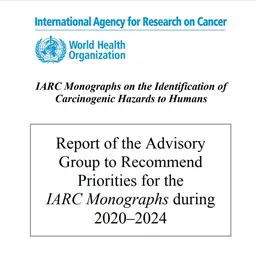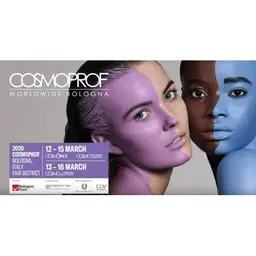
According to the World Health Organization, stress will become the skin’s number one enemy by 2030. But exactly what kind of stress are we talking about and what are its effects on the epidermis? It is to these various questions that the Vichy brand, accompanied by its experts, answered during a press conference, broadcast online on February 16.
“Stress has a profound impact on our mental health, but it also has a strong influence on the quality and health of our skin,” introduces Vania Lacascade, Vichy’s International Managing Director.
The role of the exposome
The skin is actually in contact with several sources of stress such as pollution, an unbalanced diet or even a lack of sleep (the exposome includes all of these factors).
Chronic and acute
There are two forms of exposure: chronic (prolonged and repeated) and acute (short but intense).
“The effects of chronic stress on the skin, such as skin aging or the appearance of brown spots, are well known today. But what about acute stress? This is what the experts of the Vichy Scientific Committee have been looking into.”
Impact of acute stress on the skin
“The exposome acts on all the functions of the skin,” explains Professor Thierry Passeron, dermatologist. “What we are beginning to understand better today is the impact of acute variations in these factors on these same functions.”
UV rays
Faced with the sun, the skin risks:
• To redden
• To be desiccated
• To have a degradation of its immunity (with an outbreak of herpes, for example)
Pollution …













